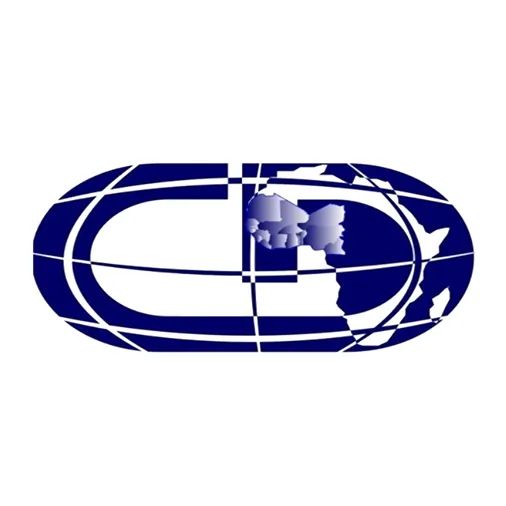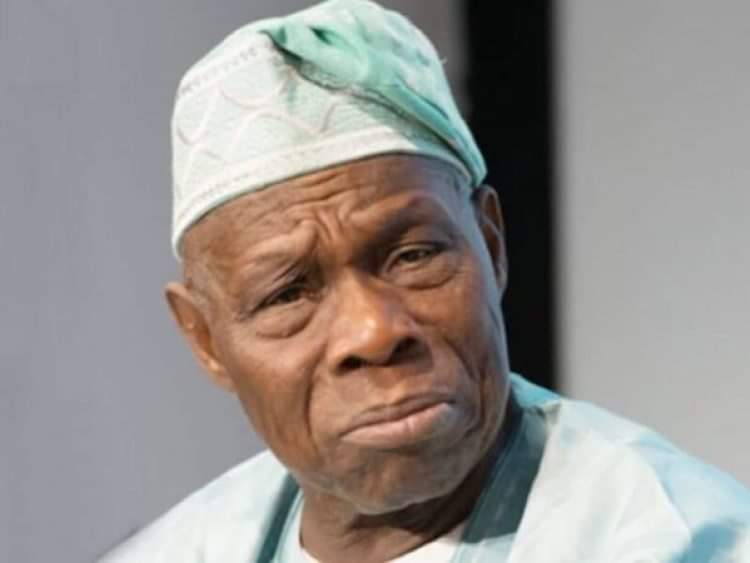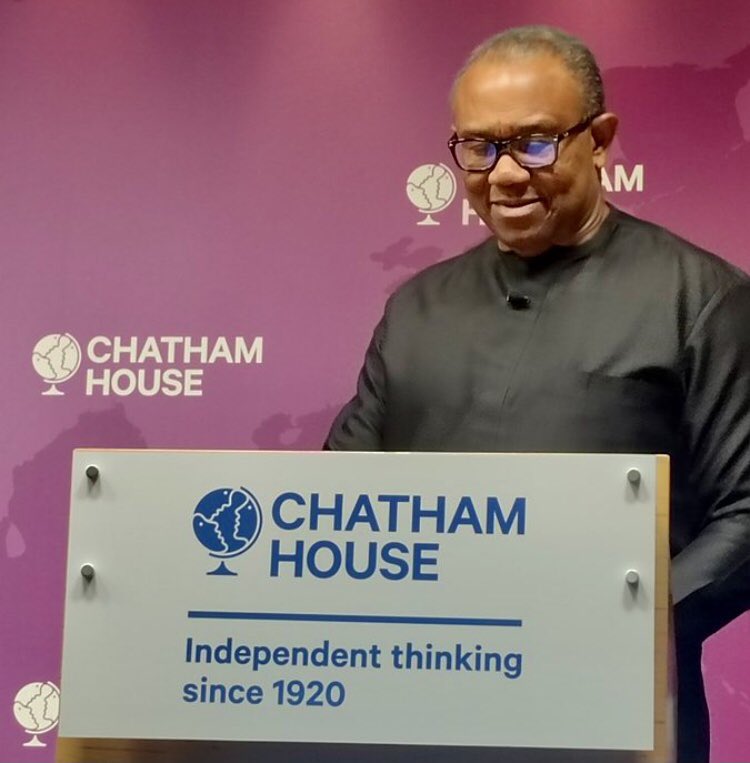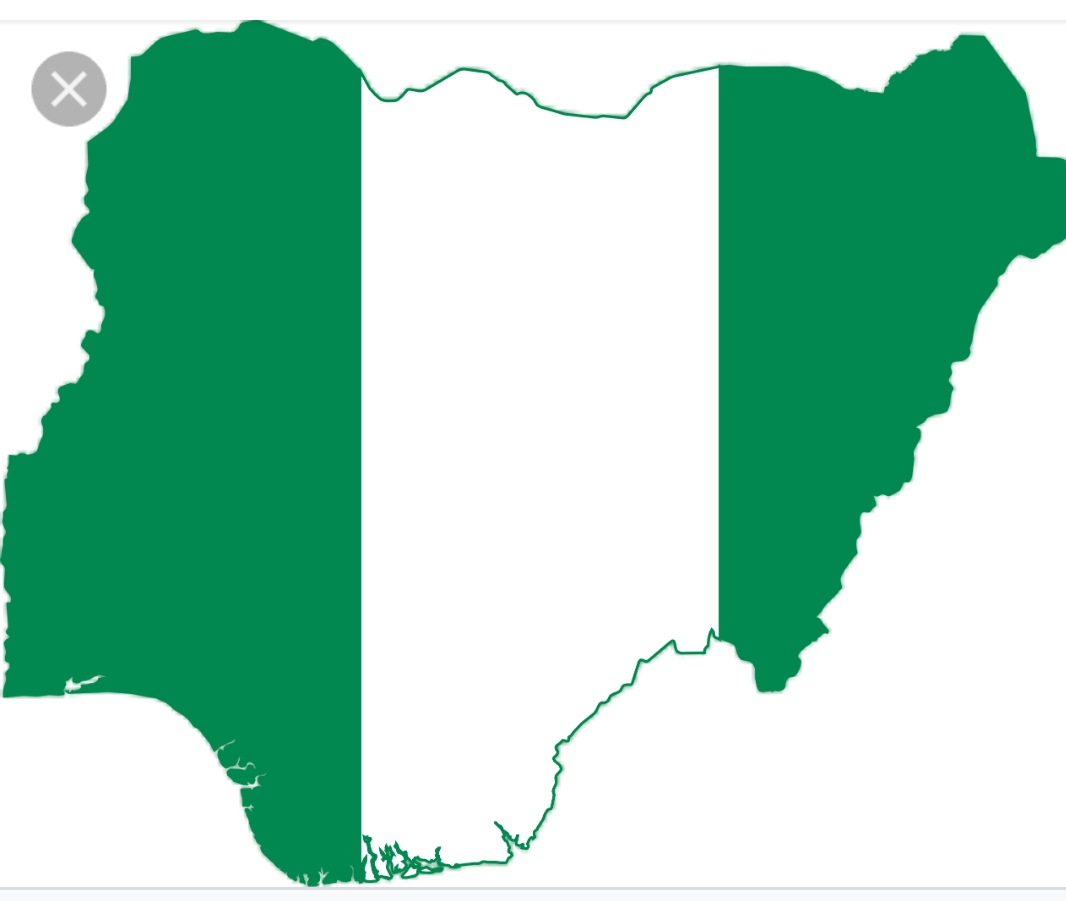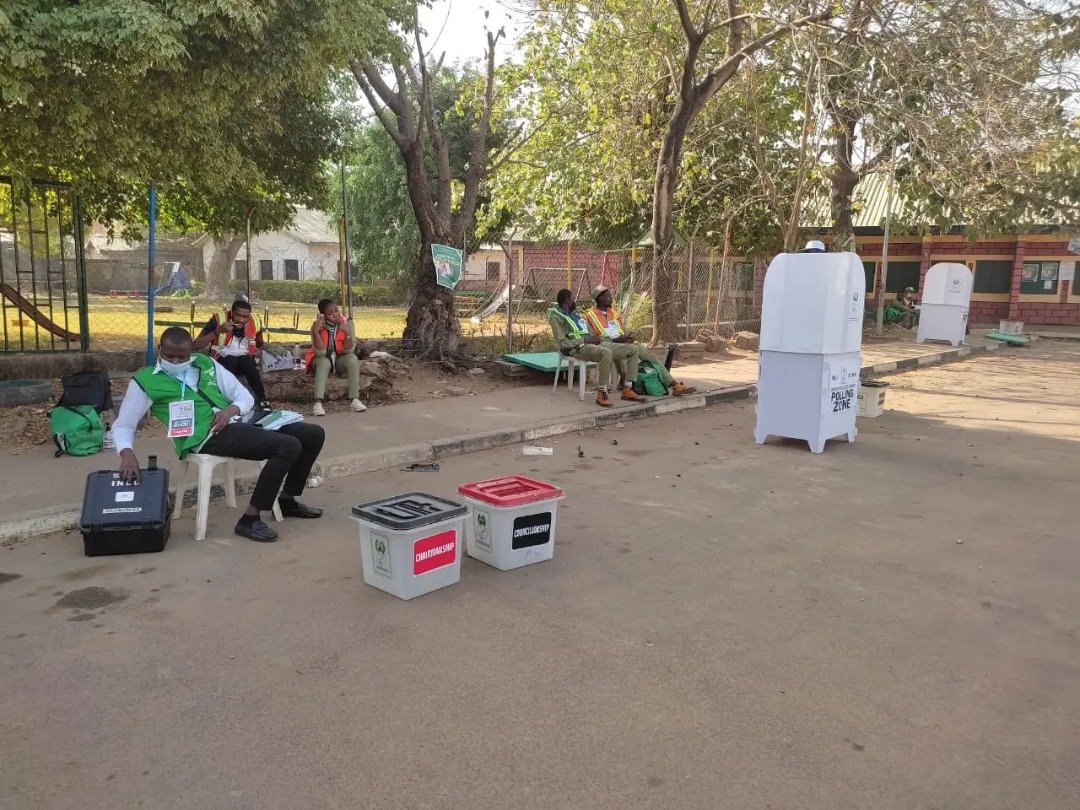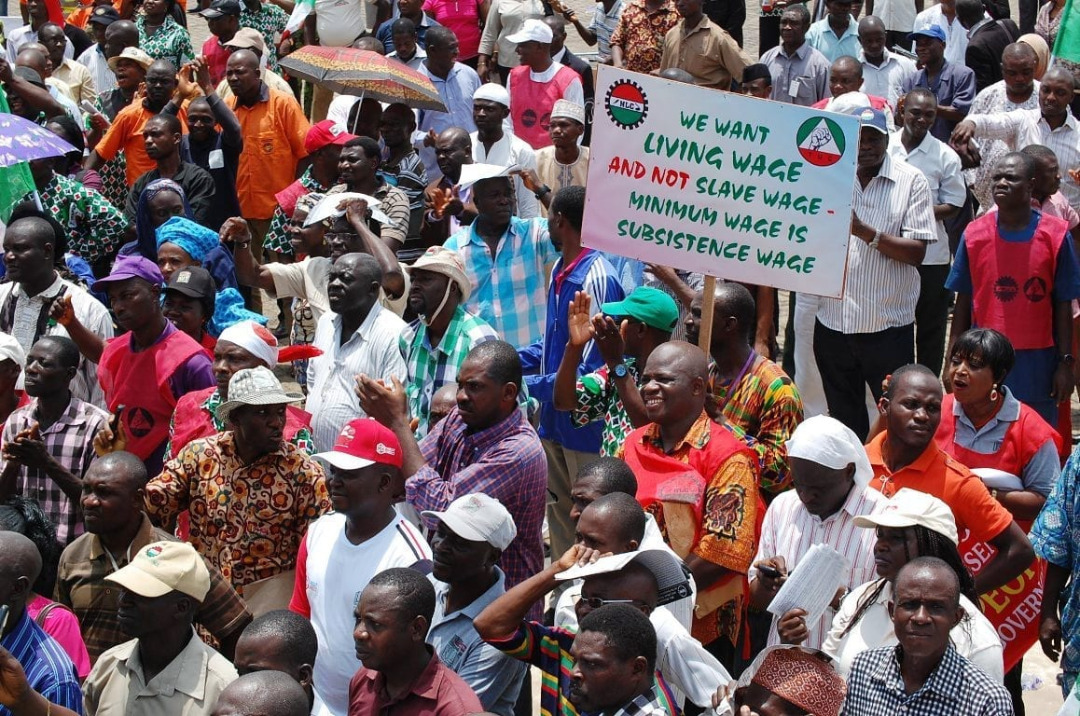Recently, on the floor of the House of Representatives, Deputy Speaker, Idris Wase who was presiding in the absence of Speaker Femi Gbajabiamila stirred the hornet when he declined to take a petition written by a group known as the Mutual Union of Tiv in America (MUAT). The group had routed the petition through Mark Gbillah, the member representing Gwer East/Gwer West Federal Constituency of Benue State. In the course of the argument over the admissibility of the petition, the Deputy Speaker made a derisive comment, which strangely, questioned the rationale for a petition to be brought to the floor of the House by Nigerians living in the United States of America.
Wase went on to declare that because the petitioners were faraway in the US, they can neither know about, nor understand the situation in Nigeria. With such warped logic, the Deputy Speaker succeeded in shutting down his colleague and preventing him from presenting the petition, which incidentally was an Save Our Soul (SOS) calling for measures to be taken to stop the relentless attacks by herdsmen, leading to displacement of thousands of indigenes in Benue State. Although, Deputy Speaker Wase prevailed in the initial battle to shut down presentation of the petition in the green chamber, he has spectacularly lost the war in the court of public opinion. By implying that Nigerians in the diaspora have no right or standing to be part of the debate on the future and direction of the country, the Deputy Speaker opened himself up to condemnation and serious denunciations from incensed citizens from different parts of the world.
Notwithstanding the comprehensive bashing and reprimand, he has received from the diaspora, the Deputy Speaker’s indiscretion has created vast problems for other stakeholders within government. Officials who have been working round the clock to harness the human, material and financial potentials of Nigeria’s diverse presence in the diaspora have been fuming. One of the frontline government figures who has been placating the diaspora and trying to do some damage control in the aftermath of Wase’s illogic, is Abike Dabiri-Erewa. The helmswoman of the Nigerians in Diaspora Commission (NIDCOM) was first off the block, as she swiftly understood the implications of the controversy for her engagement with the diaspora. The NIDCOM Chair immediately wrote to the Speaker himself, calling for urgent steps to correct the wrong impressions Wase had created. Dabiri-Erewa through NIDCOM has over the years been working round the clock to convince skeptical Nigerians in diaspora that the government sees them as strategic partners. With the caustic words dropped by the Deputy Speaker, she would have a fresh round of convincing to do. She would now have an uphill task getting her compatriots in the diaspora to believe the government does not only need them for remittances, but also values their contributions in terms of perspectives, which would make the future of the country better.
However, beyond the anger and disbelief, which greeted Wase’s faux pas, some analysts are focusing on the implications of the controversy for Nigeria’s leadership recruitment process. While some have compared and contrasted the situation with what obtains in saner climes where politicians are held to account for their words and actions, others have urged long-suffering citizens at home and in diaspora to unite in order to overhaul Nigeria flawed politics, which tends to throw up the worse of the country. The position is that if Nigeria had evolved a proper political system, which is steeped in political accountability, leaders will not only account for what they say, but also for what they do in public office.
Given Nigeria’s current political system, which is described as one that throws up politicians with too many uncorrectable flaws, the stakeholders called for a new paradigm.
According to a public affairs analyst, Sola Omoniyi, outbursts, such as made by Wase creates room for exclusion of citizens from governance. He said: “The Deputy Speaker’s attitude is the type, which fuels the exclusion, alienation and marginalization, which has made governance an exclusive space for a few. Imagine, someone who is saying citizens in the diaspora should not have a say in national affairs. Such a leader will also be quick to say women, youth and people with disability cannot have a say in governance. It is therefore up to the Nigerian people to ensure they give themselves quality representation,” he said.
Although the groundswell of unflattering scrutiny of Wase’s distasteful comments has started to simmer, the fundamental question about who bells the cat, with respect to changing the leadership paradigm remains unanswered. This reality dawns even as the next general election year of 2023 draws near. Close observers of events in the polity have been quick to point out that while the dominant duo of the All Progressives Congress (APC) and the Peoples Democratic Party (PDP) have been making preparations to further cement their grip on the polity, those who say they want Nigeria to change course and head in a new political direction, have been silent. Although there are groups, which have been leveraging on online technologies to put together such events like the Peoples Alternative Political Summit, such initiatives need to gain traction and win the support of the critical mass. One of the organisers made the point thus: “It is clear that no amount of condemnation and bashing of the people in power can change the bad behaviour we can see on display. The only way out is for a new political movement to emerge on the basis of the current discontent. It is only such a movement that will provide Nigerians with the alternative, which will then serve as a basis to reject the current brand of failed politics.”
In the end therefore, as Deputy Speaker Wase nurses the temporary wounds from the condemnatory blows he received for his comments, it is up to disgusted citizens at home and in diaspora to move a step further by forging a strong alliance to deal a serious blow to the scourge of bad leadership and poor representation. As Idayat Hassan, the helmswoman of a frontline pro-democracy think tank puts it, what Nigeria needs is systemic change. She said: “In the context of Nigeria, what we need to make ours a just, fair and equitable society is a serious systemic change. Our current system in every ramification thrives on injustice, impunity and unacceptable behaviour. Our democratic process has been terribly skewed to service the luxuries and ostentatious tastes of a few fat cats,” she lamented.



